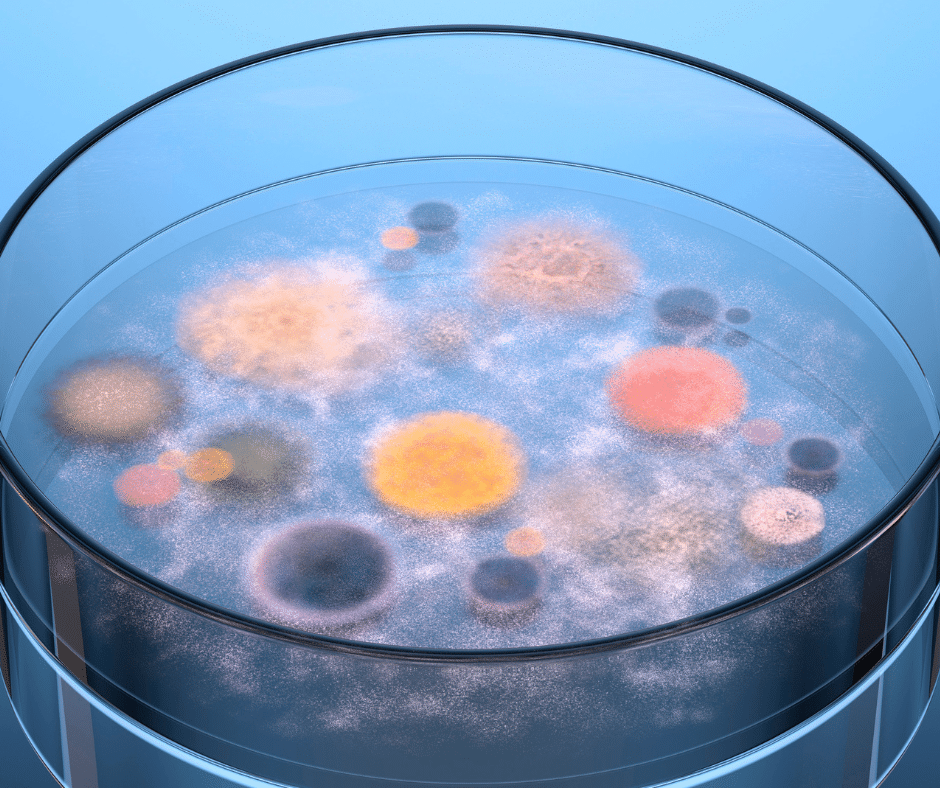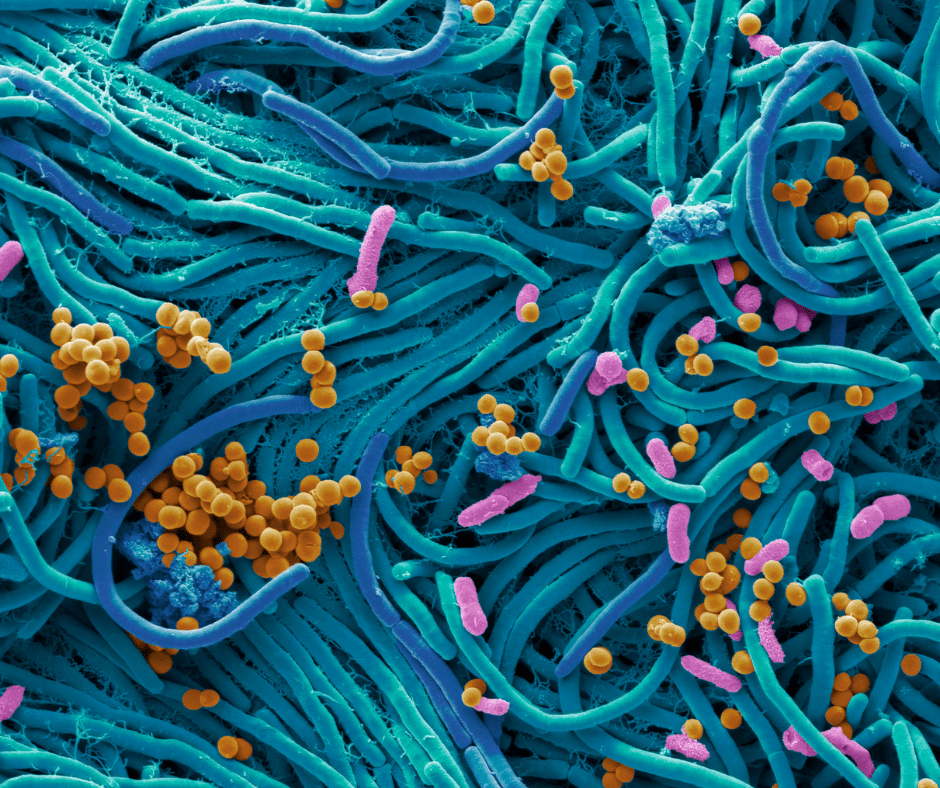From the scorching sands of the desert to the depths of the ocean, microbes are everywhere. Small organisms that cannot be seen with the naked eye, they play a crucial role in many ecological processes and offer an intriguing insight into nature.

In recent years, scientists have discovered an amazing number of microbial species inhabiting our planet and have come to understand their importance for life on Earth.
Microbes are essential for our planet’s health and wellbeing, providing vital services like generating oxygen in the atmosphere or recycling nutrients back into ecosystems – thus helping maintain balance in nature. Additionally, they also produce significant amounts of antibiotics which can fight illness-causing bacteria as well as treatments for diseases such as cancer.
But microbes provide more than just this; understanding them can provide invaluable insights for food production and furthering our knowledge about evolution itself.
By investigating microbial biology we can help prevent crop failure by better managing soil quality in eco-friendly ways, as well as developing new drugs that can successfully target viruses or bacteria responsible for causing serious illnesses. However, many still fail to recognize that no organism exists in isolation – each creature shares resources together with other species which make up its habitat – whether large or small.
Such is surely true of microbial life where some species are necessary for the survival of other living things while others may provide benefits yet to be fully understood by science.

The miniature creatures conduct millions of unseen biochemical reactions everyday – omnipresent yet often overlooked – so it’s time we start appreciating these powerful organisms before it’s too late! Not only do they give us a newfound appreciation of interdependency between all living things on this planet but also offer potential solutions to many global problems when studied properly.
From preventing food shortages to developing cures for fatal diseases – microbes could hold the key to global sustainability if only humankind could accept their integral role and work with them instead of against them!
